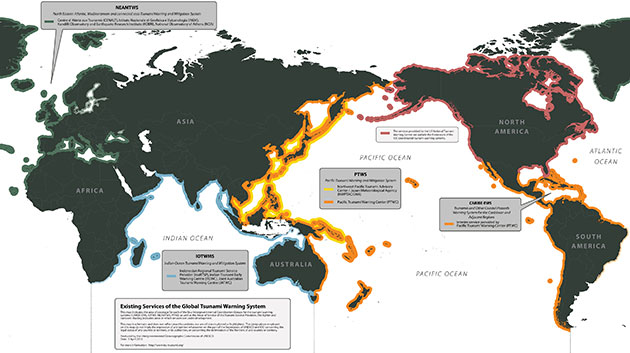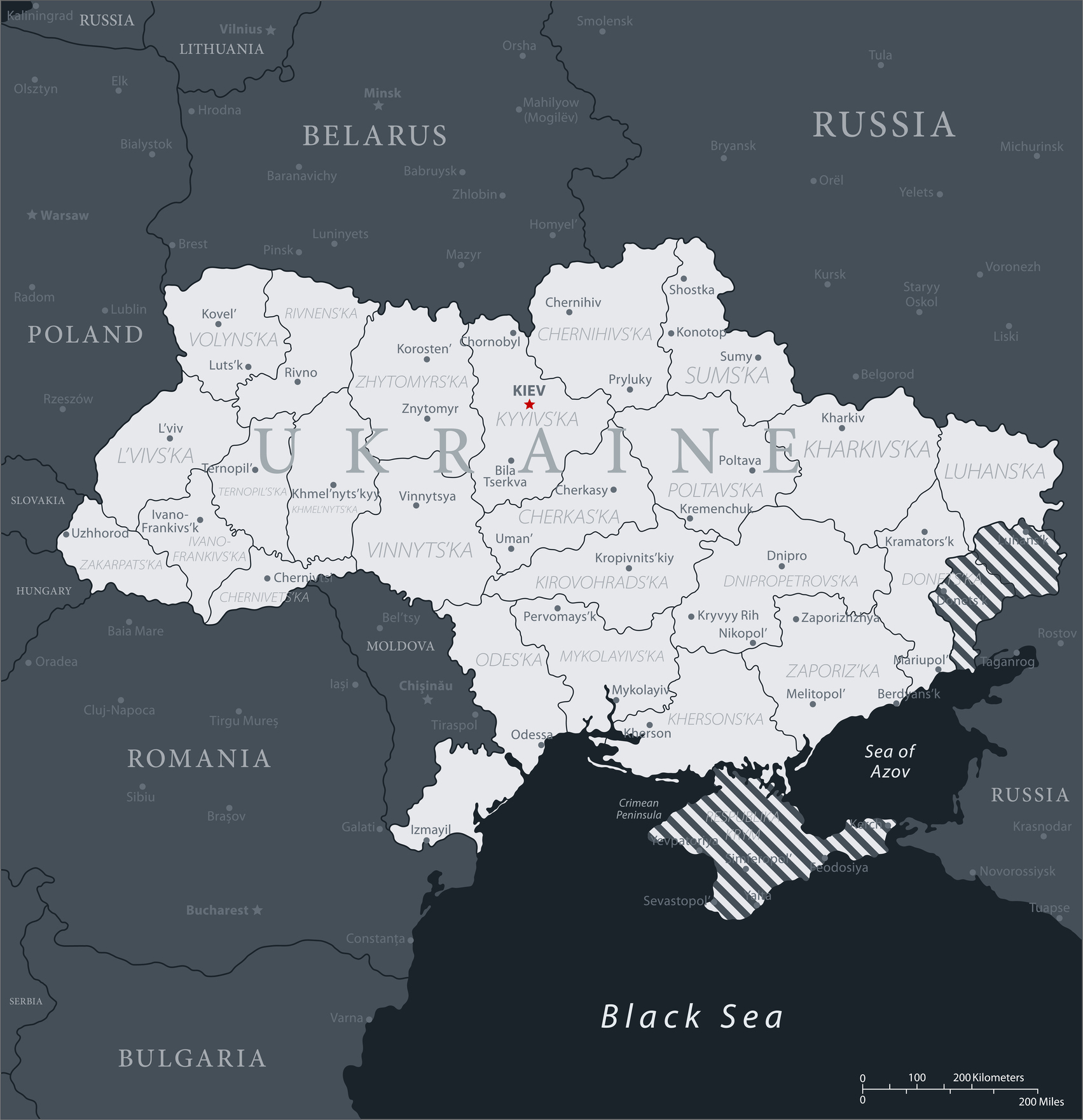A Reinvigorated Regional Commitment to Tsunami Preparedness in Asia & the Pacific — Global Issues
BANGKOK, Thailand, Nov 24 (IPS) – Between 1970 and 2022, disaster events in Asia and the Pacific caused 2.04 million deaths and $2.71 trillion in economic damages. ESCAP estimates that among these totals, tsunamis rank as the third deadliest hazard, accounting for 12% of fatalities, and the fourth most economically destructive hazard, comprising 11 per cent of economic damages.
Tsunamis, despite their infrequent occurrence, cause significant damage, with 260,000 fatalities from 58 tsunamis in the last century, averaging 4,600 deaths per event. Vulnerable populations, including women, children, persons with disabilities, and the older persons, are disproportionately affected.
For example, in the 2004 Indian Ocean tsunami, around 70 per cent of fatalities were women, whereas in the 2011 Great East Japan earthquake and tsunami, 64.4 per cent of the victims were older individuals.
By 2030, around half of the global population will reside in coastal areas vulnerable to floods, storms, and tsunamis. Given the ongoing impact of climate change the need for proactive measures to mitigate these coastal risks is becoming more apparent.
Since natural hazards do not follow national boundaries, regional cooperation plays a critical role in tsunami warnings in the Asia-Pacific region.
Regional commitment, catalysed by the devastating 2004 Indian Ocean tsunami, has led to significant improvements in multi-hazard coastal preparedness across the Indian Ocean basin. In 2005, a ground-breaking grant of US$10 million from the Government of Thailand established the ESCAP Multi-Donor Trust Fund for Tsunami, Disaster and Climate Preparedness.
The Trust Fund represents a regional commitment to strengthening early warning systems and the current membership of Italy, Switzerland, India, and Japan with Thailand are evidence of how triangular and south-south cooperation can be mutually supportive.
As a result, 19 countries have directly benefitted through building regional and national end-to-end warning systems for coastal hazards.
The Trust Fund played a vital role in creating the Indian Ocean Tsunami Warning and Mitigation System (IOTWMS), which became operational in October 2011, with Australia, India, and Indonesia as regional service providers. With an initial investment of US$300 million, this system supports 36 countries in the Indian Ocean basin.
These nations now share a Probabilistic Tsunami Hazard Assessment, recently updated to include the Makran Subduction Zone in the North-West Indian Ocean. To ensure sustainability, the IOTWMS promotes a multi-hazard approach and encourages governments to formalize financial commitments through legal frameworks and long-term policies. A 2015 ESCAP study estimated that the IOTWMS will save at least 1,000 lives annually over the next century.

Source: UNESCO-IOC (The boundaries and names shown and the designations used on this map do not imply official endorsement or acceptance by the United Nations.?)
In May 2023, ESCAP reaffirmed its regional commitment to advance early warning systems, including those for tsunamis. They also resolved to accelerate climate action for sustainable development and mandated the development of regional early warning systems (E/ESCAP/RES/79/1).
ESCAP recognized the Trust Fund for Tsunami, Disaster, and Climate Preparedness as a crucial funding mechanism to support these efforts across the region (ESCAP/CDR(8)/6).
Advancing tsunami warnings for all
This year’s World Tsunami Awareness Day (WTAD) on 5 November was dedicated to addressing inequality for a more resilient future and focused on raising awareness about the factors that make tsunamis more deadly for the most vulnerable populations.
The theme was aligned with the “Early Warnings for All” global initiative, which aims to provide early warning systems to everyone on Earth by 2027, and Target G of the Sendai Framework, which promotes the expansion of early warnings and early actions for all.
Building on the momentum of the Early Warnings for All initiative, it’s crucial to ensure that efforts to improve early warning systems for climate-related hazards also include those of seismic origin, such as tsunamis.
Through generous contributions to the Trust Fund for Tsunami, Disaster and Climate Preparedness, UNESCO-IOC and ESCAP have now initiated a comprehensive assessment of tsunami preparedness capacity in the Indian and Pacific Ocean basins.
This assessment will use a standardized methodology based on the 2018 capacity assessment Indian Ocean tsunami preparedness. It will evaluate progress made since the 2004 Indian Ocean Tsunami and provide regional decision-makers with insights into the additional requirements for tsunami preparedness, both technically and in terms of policy.
Tsunamis should be treated as multifaceted threats that not only endanger lives but also disrupt livelihoods, industry, agriculture, gender equality, and critical services like education and healthcare.
Access to high-quality and readily information is crucial for supporting regional mechanisms and local preparedness while also increasing awareness of early warning systems.
For more information on World Tsunami Awareness Day, visit: https://tsunamiday.undrr.org/
For more information on the Trust Fund for Tsunami, Disaster and Climate Preparedness, visit: https://www.unescap.org/disaster-preparedness-fund
For more information on the IOTWMS, visit: http://www.ioc-tsunami.org/index.php?option=com_content&view=article&id=8&Itemid=13&lang=en
Temily Baker is Programme Management Officer. ESCAP; Juliette de Charry Intern, ICT and Disaster Risk Reduction Division, ESCAP
IPS UN Bureau
Follow @IPSNewsUNBureau
Follow IPS News UN Bureau on Instagram
© Inter Press Service (2023) — All Rights ReservedOriginal source: Inter Press Service
Check out our Latest News and Follow us at Facebook
Original Source






